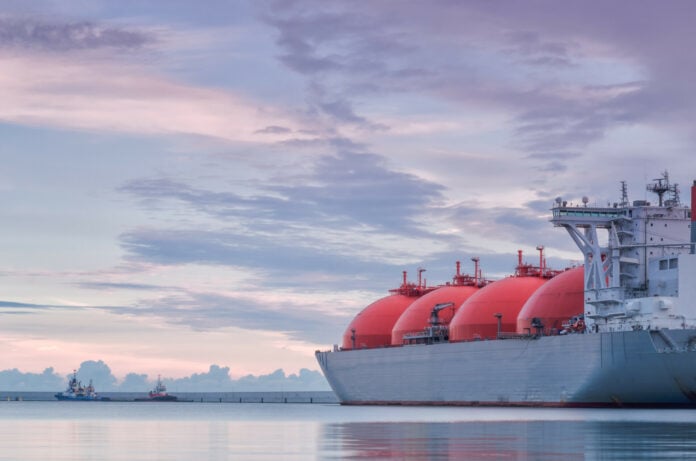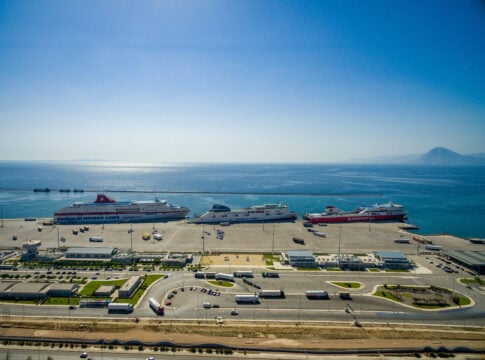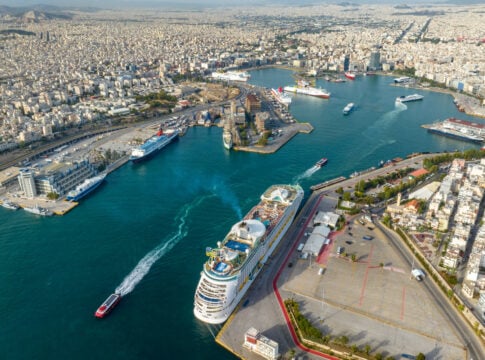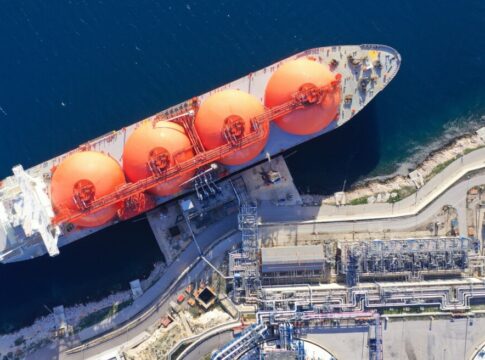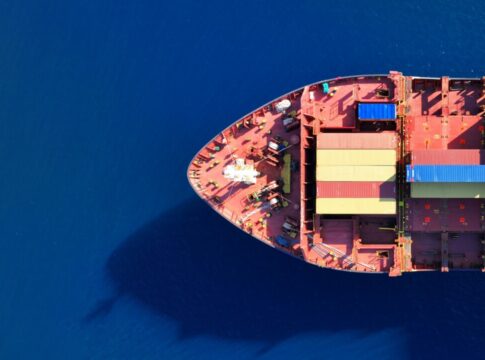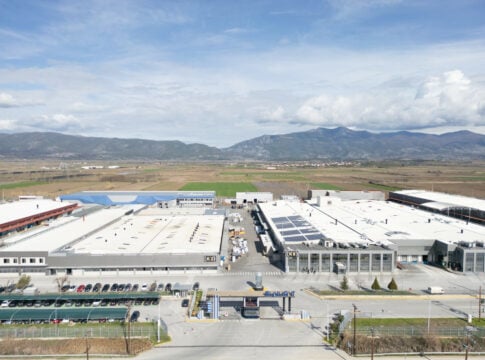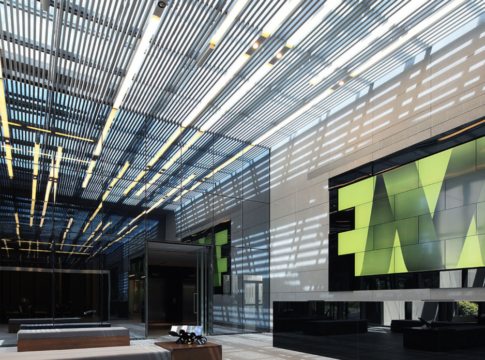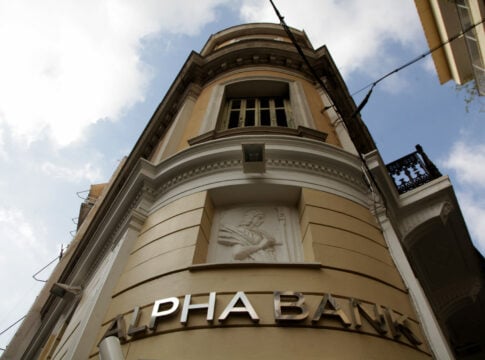The prospects for the liquefied natural gas market in the second half of 2024 are positive. An area in which Greek shipowners have a leading role, given that approximately one in four ships are of Greek interests, according to an analysis by Intermodal, adding that the specific market is expected to recover gradually in both the industrial and residential sectors.
In terms of freight markets, Clarksons pointed out that globally the market is facing an undersupply, with demand growing by 5% while supply is only growing by 2%, which could lead to higher gas prices.
European gas demand is expected to increase by 8% and electricity demand by 2.9%, but it is not expected to reach 2022 levels.
Greek Shipowners
Greek shipowners play a leading role in LNG carriers. Despite the very high cost of shipbuilding – it has consistently exceeded 260 million US dollars per unit, up from 180 million US dollars just three years ago – Greek shipowners have built a very strong fleet.
According to the latest annual report of the Hellenic Shipowners Association, Greeks control 22.65% of the world’s liquefied natural gas (LNG) transport fleet.
The largest company of Greek interests with a fleet of LNG carriers is Maran Gas. According to its website, the company’s active fleet currently consists of 45 ships, while it is implementing an expanded shipbuilding program for 13 more.
The GasLog Group ranks second with 34 LNG carriers, while, at the same time, it is building four more.
Next is Dynagas, which manages – together with the listed Dynagas LNG Partners – 21 LNG carriers, while the company’s order book includes 8 ships.
TMS Cardiff Gas currently controls 17 LNG carriers and has an orderbook for 7 more vessels while Capital Gas controls 18 LNG carriers.
Alpha Gas is also expanding rapidly. In addition to the six modern ships currently in its fleet, the company expects to receive two more new ones.
A total of eight LNG carriers are managed by Thenamaris, strengthening the fleet in 2022 and 2023 with quality second-hand tonnage.


